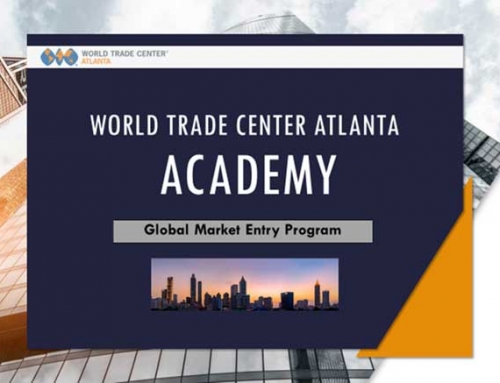US citizens are prohibited from doing business in Cuba but that doesn’t stop some 500,000 US citizens a year from visiting the island. Nor does it stop trade with Cuba, the US being Cuba’s 6th largest trading partner generating 350M in trade during 2011 (2012 US Census-Trade in Goods with Cuba-2011).
I just returned from an eight day trip across Cuba as part of an “educational” activity that included meeting with businesspeople, political party members, government bureaucrats, educators, and ordinary people. Our traveling party consisted of two great grandchildren of Teddy Roosevelt, two states attorney generals, three doctors, a pediatrician, two famous rock stars, several teachers and professors, a farmer, a videographer, a college student, a few lawyers and accounting professionals, several investment bankers, wives and husbands among others. The purpose of the trip was in TR’s words, “A Strenuous Life Adventure” designed to develop our knowledge of Cuba, it’s people, history and future.
It started as a typical flight…board an American Airlines plane in Miami, a 40 minute flight, up and down, just time for a Coke. At customs in Havana International airport in the special section for American arrivals, friendly people, a brief walk through customs making sure to smile into the Logitech Cameras for facial recognition, a cheery, “Welcome to Cuba” and my passport was handed back, the door buzzed and I was disgorged into the hot sunny weather that is Havana in February.
We changed our money to Cuban Convertible Pesos or “Cuc’s” as they are called. This is required as Cuba has a dual monetary system, one for foreigners and one for locals. Cubans are no strangers to Foreign Direct Investment, with Canada, Europe and Venezuela being among the top investors. Given the likely scenario that the US will loosen the trade embargo with Cuba I wanted to see for myself what potential opportunities might exist as well as to meet individuals to whom we might access to provide client services should that day arise. I was also interested in determining if it would be feasible to conduct my Doctoral dissertation on the rise of private business ownership in Cuba. For the last two years Cuban’s have been able to own private property as well as run their own businesses and this struck me as an opportunity to apply our existing knowledge of successful global expansion to this subject.
We were informed by our guide that we were not restricted from taking photos, going anywhere or talking to anyone, but we should advise them if we intended to deviate from our planned schedule so as to not hold up the group. As you might imagine, this group took full advantage of the opportunity to talk to people and initiate conversations which were forthright and direct…as in “Why do you restrict Internet access to people?” (Answer from the party leaders, “We limit access to doctors, educators and certain business people because we do not have the band width to allow unrestricted access to what is primarily a social media tool. We are working with Venezuela to expand the infrastructure.”)
The first day ended with a check in to the hotel and a childrens’s musical play which had us literally dancing in the isles accompanied by some 30 kids ranging in ages from 5-18. Note to potential Cuba travelers..learn to dance, you’ll use this skill every day!
I’ll be posting more about this exciting trip in the coming weeks.
For those of you who would like more background information and an in depth review of business issues, join us for “Strategic Business and HR Considerations in Establishing a Business in Cuba”, an HRCI certified GPHR, SPHR webinar program, on March 28th, from 12:00 Noon to 1:00 PM for Part 1, and on April 4, from Noon to 1:00 PM for Part 2. The cost is $40 for both parts. To sign up email: info@birchtreeglobal.com with you contact details and we’ll send you a link.

